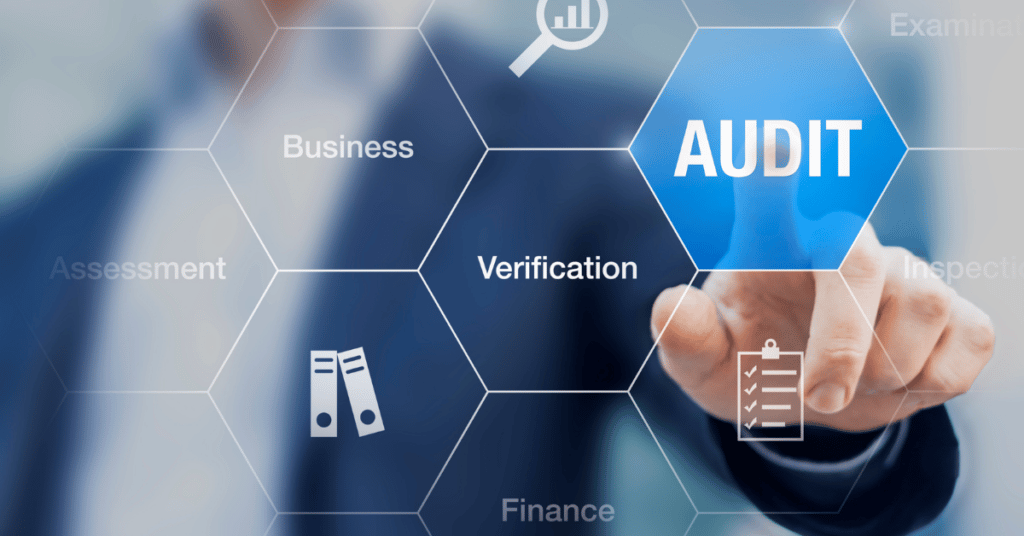Registering a company in Singapore is simple and easy. But have you ever wondered what comes after company registration in Singapore? It is Compliance which is a fundamentally important issue in Singapore as the government has strict laws and regulations when it comes to enforcing Compliance.
The major requirements and filings an incorporated company must adhere to in compliance are as follows:
1. Date of Incorporation
Have a physical registered office from the date of incorporation. This office has to be open and accessible to the public for not less than five hours during ordinary business hours on each day (except Sundays, weekends and public holidays). This is the primary step in compliance.
The full name of the company and the Company Registration Number must appear on all letterheads, prospectuses and other official documents used by the company.

2. Audit
Keep and maintain certain statutory books and registers such as a register of members, a register of directors, managers, secretaries and auditors and a register of directors’ shareholdings.
The Companies Act requires the financial statements of every company to be audited once every year. This comprises a statement of profit and loss, balance sheet, director’s report, statement by directors and an auditors’ report to be prepared; and other disclosures required by Statements of Accounting Standards in Singapore. The audited accounts and reports have to be filed with the Registrar within one month after the Annual General Meeting (AGM).
3. Annual General Meeting (AGM)
The first annual general meeting (AGM) must be held within 18 months of the date of incorporation. After that, there must be at least one annual general meeting not more than 15 months from the date of the last AGM. No physical meeting must take place if all shareholders consent.
At the AGM, the directors are required to present to the shareholders the audited accounts for the immediately preceding financial year, and those accounts must be prepared up to a date not more than six months before the date of the AGM. The fiscal year end is normally determined at the first directors’ meeting.
4. Important Dates
Changes to registered particulars have to be notified to the Registrar, including a change of name, the alteration of the company’s Articles of Association, the allotment of new shares and an increase of the authorised capital.

Service Specific Deadlines For Compliance:
- A company shall have an auditor within 3 months from the date of incorporation unless exempted from audit requirements.
- Company Secretary must be appointed 6 months from the date of incorporation.
- The Companies Act requires the financial statements of every company to be audited once every year if required.
- The first annual general meeting (AGM) must be held within 18 months of the date of incorporation. After that there must be at least one annual general meeting not more than 15 months from the date of the last AGM.
- Account from AGM shall be made up to a date not more than 6 months before AGM.
5. Acquire Business License In Singapore
A business license in Singapore is a permit issued by a Singapore government agency that allows you to conduct a specific type of business. While the business license in Singapore is not required for every type of business, there are certain business types for which the license is required. This includes running a retail shop, construction business, trading activities, hotel/ restaurant, spa, medical clinic, employment agency or travel agency.
Each of these business types may include multiple activities that the respective Singapore company is planning to undertake. There can be one or more licenses required for each business type depending on the activities that are to be conducted.
In summary, do check with the Accounting and Corporate Regulatory Authority if unsure about compliance requirements. However, it is highly recommended to engage a corporate services provider as they are familiar with the business laws, compliance and regulations in Singapore who can help you smoothen the process and answer all queries posed by relevant authorities.




